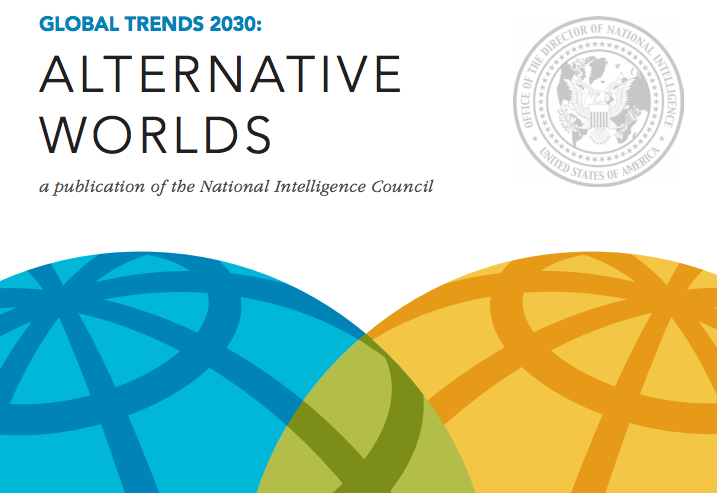The following is an excerpt from Global Trends 2030: Alternative Worlds, a publication of the National Intelligence Council. The full report “is intended to stimulate thinking about the rapid and vast geopolitical changes characterizing the world today and possible global trajectories during the next 15-20 years.” However, the portion of the report dedicated to the future of social media is very fascinating for digital media professionals.
One of the greatest causes of uncertainty for the future of social media – as we have written several times in this blog – is the question; How will social media networks monitize their efforts? The report indicates that social media will likely continue to play a huge roll in the future of our world for decades to come pending these few uncertainties do not hinder the growth of the social net.
Social Networking Technologies
“Today’s social networking technologies help individual users form online social networks with other users, based on factors that can include shared interests, common backgrounds, relationships, geographic locations, and so on. In many respects, social networks are becoming part of the fabric of online existence, as leading services integrate social functions into everything else an individual might do online. The kinds of networks and interactions that social network services foster varies greatly. In many cases, members have developed uses for their social network services that go far beyond what the service providers themselves may have intended. Innovative uses for such services range from controlling home appliances remotely to managing restaurant reservations in real time, and analysts widely cite Twitter (along with other social network services) as having been a significant contributor to the Arab Spring protests. Protestors used social network services to organize themselves, disseminate information, and bypass government censorship efforts. Some governments are already deploying aggressive countermeasures, while simultaneously using social networks as a means of gathering information on dissidents. Social networking technologies could allow groups of people to easily communicate outside traditional media and government channels in order to pursue progressive, disruptive, and criminal agendas that can have impact across geopolitical boundaries.
“Because social networking technologies are becoming the fabric of online existence, they could become an important tool for providing corporations and governments with valuable information about individuals and groups, facilitating development of robust human social predictive models that can have applications ranging from targeted advertising to counterterrorism. Social networks could also displace services that existing corporations and government agencies now provide, substituting instead new classes of services that are inherently resistant to centralized oversight and control. For example, social networks could help drive the use of alternative and virtual monetary currencies.
“A significant uncertainty regarding the future development of social networking technologies involves the complex tradeoffs that users must make between privacy and utility. In general, the more open one is on a social network service, the more utility the service can provide. Thus far, users seem to have voted overwhelmingly in favor of utility over privacy, but future events might make large numbers of users change their preferences, thereby depriving social network services of the information they need to stay relevant to users. Another significant uncertainty involves the business of social networking itself. Historically, social network services have been relatively short lived, as users have tired of one service and flocked to another or as service providers have failed to develop ways to make money and grow. Facebook has emerged as the dominant social network worldwide, with nearly a billion users, but its continued dominance during the next 15-20 years (or even the next five) is not guaranteed. The dominant social networks of the future may not even be formal organizations, but rather anarchic collectives built on sophisticated variants of peer-to-peer file-sharing technologies, against which developed- and many developing-world governments might have no meaningful negotiating leverage. However, the Chinese Government and several others will likely severely restrict any services that threaten their control over information flow.”
Thank you to BB for sourcing this content.


